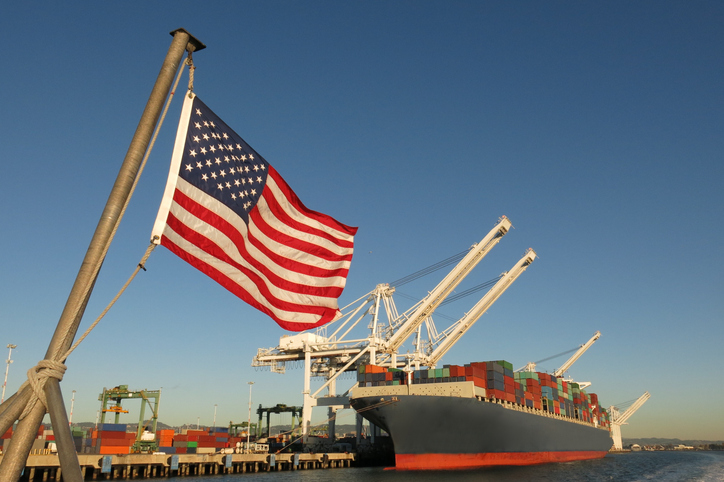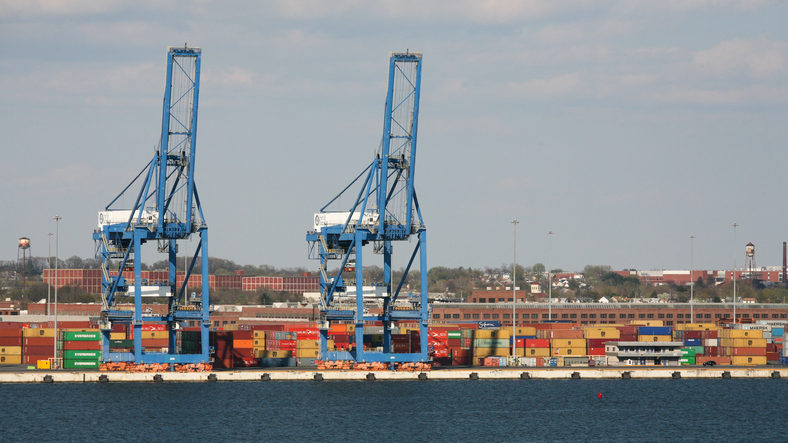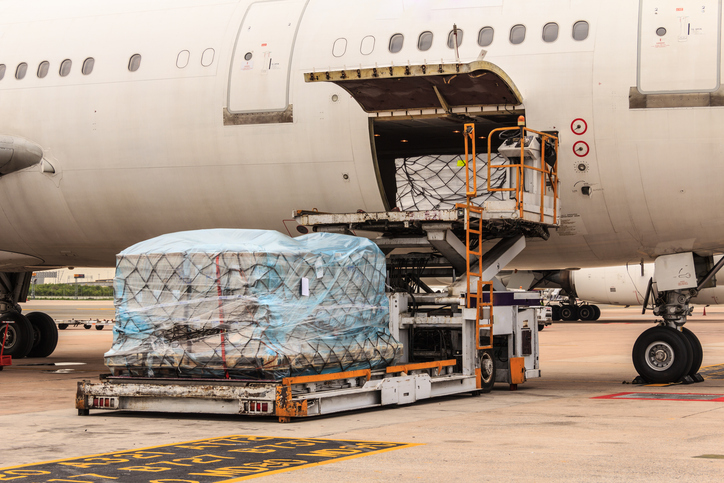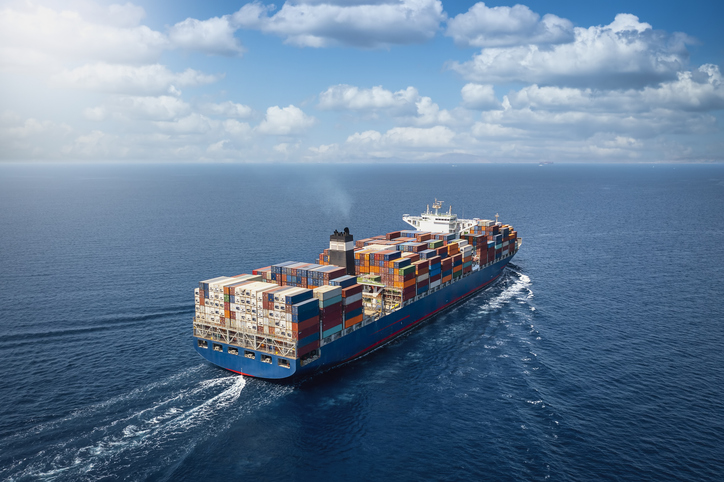
The Weekly Roar
In this week’s Roar: The U.S. port strike is over (for now), the issue of port automation, data on air freight, pricing for shipping emissions, and the latest Supply Chain Risk Index.
 The U.S. East and Gulf Coast port strike ended after 3 days on Thursday. The ILA strike led to 45,000 union employees walking off the job and bringing container shipping to a stop at 36 ports from New England to Texas. The agreement provides a pay raise of 61% over six years, and extends the master contract to January 15, 2025, so the sides can negotiate any outstanding issues. It will likely take weeks for the full impact of the work stoppage to be understood and resolved.
The U.S. East and Gulf Coast port strike ended after 3 days on Thursday. The ILA strike led to 45,000 union employees walking off the job and bringing container shipping to a stop at 36 ports from New England to Texas. The agreement provides a pay raise of 61% over six years, and extends the master contract to January 15, 2025, so the sides can negotiate any outstanding issues. It will likely take weeks for the full impact of the work stoppage to be understood and resolved.
Even though port workers have returned, the strike has pushed the issue of automation into the spotlight. While automation is seen as a potential solution to improve port efficiency and reduce labor costs, unions are strongly opposed. They argue that automation threatens jobs and fails to deliver the promised productivity gains. On the flip side, proponents believe it can put ports in a better position to handle future disruptions and increase throughput. Somehow, the sides will need to find a balanced approach. This topic is still on the table as an unresolved item in the new contract being negotiated.
The latest data from TAC Index reports that the Baltic Air Freight Index was up 2.3% in the week to 30 September. Rates out of China, Vietnam, and Europe are generally on the rise, but things are mixed from India and elsewhere in Asia. However, year-on-year comparisons show some routes still down, particularly from the U.S., where outbound rates remain lower than last year.
Negotiations to establish a global carbon pricing mechanism for shipping emissions continue to gain steam. Talks are progressing within the International Maritime Organization (IMO), with countries working toward a market-based measure that would impose a price on CO2 emissions from ships. However, there are challenges around how the funds generated would be used, with debates on whether to prioritize climate mitigation or support for developing countries.
The Q4 Lehigh Business Supply Chain Risk Management Report is out and there is a growing risk that is top of mind for supply chain managers – Government Intervention. With the U.S. presidential election set for November, topics like new regulations, tariffs/trade wars, and governmental restrictions on source material are top concerns. Economic Risk is also on the rise with concerns about increasing energy costs, commodity price volatility, labor shortages, sudden demand shocks, and border delays. For the first time in over a year, Cybersecurity is NOT the top risk cited in the quarterly survey.
For the rest of the week’s top shipping news, check out the article highlights below.









